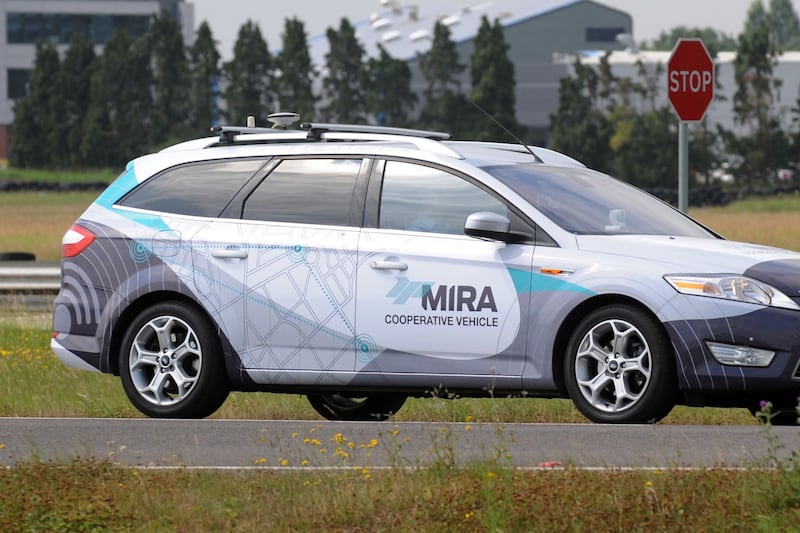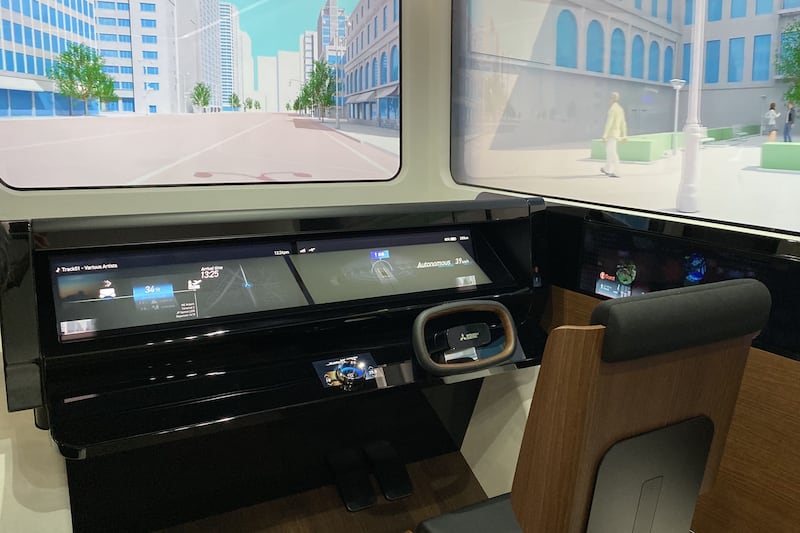MANY new cars already have the ability to effectively drive themselves in certain circumstances, writes William Scholes.
Automatic parking, traffic jam assist and adaptive cruise control are among the plethora of 'systems' that can be specified on many cars today, while companies like Tesla, Volvo and Mercedes-Benz are forging ahead with technology that can 'autopilot'.
Unsurprisingly, the insurance industry has also been giving a lot of thought to how blame should be apportioned when self-driving, or automated, cars are involved in an accident.
Crucial to making sure claims are settled fairly is understanding who was in control of the car at the time of a crash - the driver or the car's computers.
"Future legislation needs to protect the consumer so that in the event of an accident, responsibility and who pays can be quickly determined," said Peter Shaw from the insurance industry's Thatcham Research.
"Was it driver error or a failure of the automated driving system? This can only happen if their insurer has access to key data about the crash.
"We would like to see car manufacturers and legislators working together with the insurance industry to develop a framework to make this happen."
Agreeing what information held in the electronic 'brain' of a highly automated car should be made accessible and shared with insurers is a crucial step, said Mr Shaw.
This information would include an indication of whether the vehicle was operating autonomously or not, and what technology was in use.
"It's in everyone's interests to be able to establish the facts quickly and the proposals for standardised data being put forward by UK insurers would achieve this," he said.
This information would be used to: establish liability for anything that had gone wrong; inform emergency services' investigations; ensure insurance claims could be processed promptly; and help vehicle manufacturers improve their products.
The Association of British Insurers said that where faulty technology was shown to have caused an accident, insurers should be able to recover the costs from the manufacturer. The ABI argues that this would help keep down the price of premiums.
The insurers say the information they want to be able to collect "concerns the autonomous systems and driver interaction".
"It is not proposed that any information measuring driver performance should be gathered," they say.
The data would cover a period from 30 seconds before to 15 seconds after an accident and would include: a GPS record of the time and location of the incident; confirmation of whether the vehicle was in autonomous or manual mode; if in autonomous mode, whether the vehicle was parking or driving; when the vehicle went into autonomous mode, and when the driver last interacted with the system; any driver activity such as braking or steering; whether the driver's seat was occupied, and whether the seatbelt was fastened.
The United Nations body responsible for vehicle regulations is preparing its own data requirements for motor manufacturers.
These are scheduled to come in force from 2019.
Huw Evans, director general of the ABI, said the insurance industry was "constantly responding to evolving technology" and that it backed the development of automated cars "100 per cent".
"As part of insurers' commitment to getting automated cars on the road and dramatically improving road safety, there will need to be basic data easily available to make sure customers are looked after if something goes wrong," he said.
"This would offer public reassurance by protecting motorists from being incorrectly blamed if something fails with their car, helping police investigations and supporting prompt insurance pay outs."






